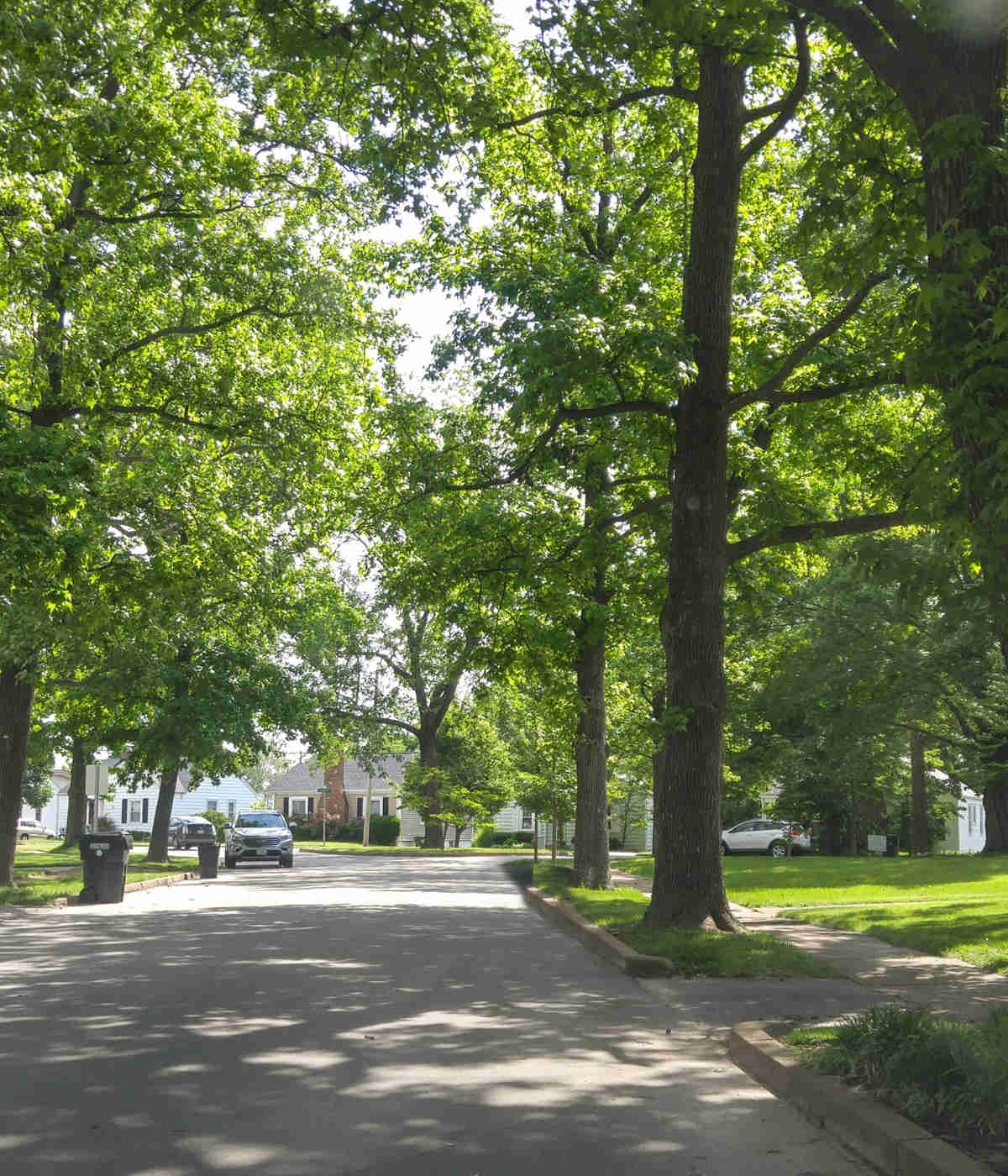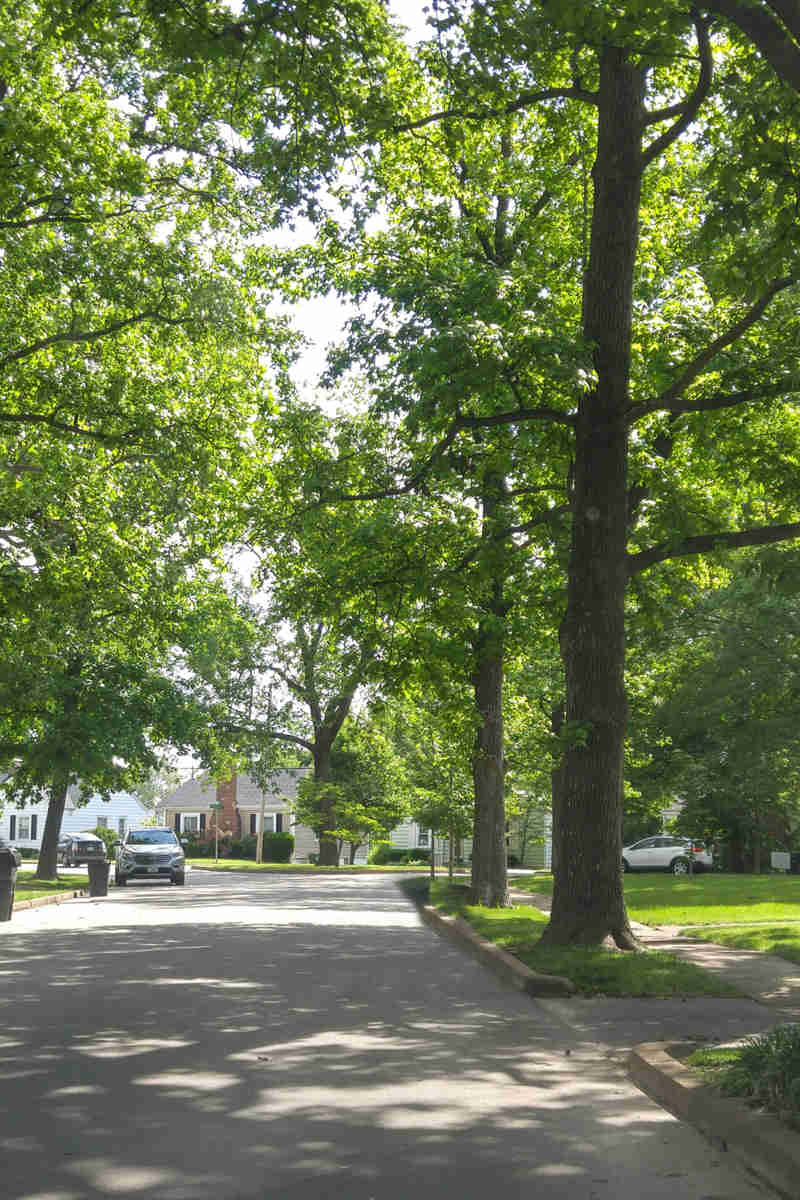No matter what area of the country you’re in, your commercial property goes through quite a transformation from the dormancy and slow growth periods of winter to the thrust of growth that spring brings.
Between heavy snow buildup to freezes and thaws, your landscape takes a beating. Getting a jumpstart on spring can adequately prepare your commercial property, ensuring it receives the attention it needs to thrive as the growing season emerges full force.
While the first day of spring is officially March 20, spring thawing and growth can actually start before this date, depending on your location. Your turf and landscape don’t pay attention to dates, after all, and certainly don’t care about your busy schedule. Soil temperatures actually dictate when your turf and plant material will begin to awaken. Once soil temperatures reach a consistent 50 degrees, it’s go time. You wouldn't want to miss important spring tasks like fertilization or pre-emergent herbicide applications, which are best applied once soils first reach these temperatures.
Because this emerging season and its timing can be confusing to understand, you might be wondering about how to prepare your commercial property for spring.
Watch the video above to learn some key planning steps to ensure your commercial property doesn’t miss a beat.
Identify & Address Safety Concerns
When Old Man Winter delivers heavy snow and ice, it puts your trees, shrubs, and turf in harm's way. This is why properly pruning and maintaining your plants gives them a better chance to withstand a harsh winter and come back strong in the spring.
But sometimes winter’s wrath delivers a little too much for even the strongest plants. That’s why a proactive plant monitoring and risk assessment in the spring can ensure your plants are in good shape.
This spring commercial property management checklist includes a combination of tasks:
- Tree disease and insect monitoring
- Soil care
- Root protection recommendations
- Checking branch structure and strength, pruning out any damaged or weakened branches
Assess Plants and Turf or Winter Weather Damage
Thick, green turf is one of your commercial property’s best assets, showing off your site with some polish. But just as great-looking grass has a positive impact, a lawn with weeds, bare spots, or discolored areas can make a bad first impression.
Your commercial landscape professional can assess the state of your turf to prepare your commercial property for spring. This includes establishing a proper mowing schedule, essential fertilization and weed control, spot treatments to take care of areas potentially damaged by snowplows or salt, and an overall rejuvenation if necessary.
In addition to turf care, your commercial landscape service provider will assess your plants and trees – the ornament of your landscape. Your landscape pro will make sure they are well-maintained and assessed for potential safety risks. One part of this is looking for signs of diseased plants. Diseased plants can cause risks to nearby plants, which can make a small disease problem a bigger one pretty quickly. Proactive care and monitoring reduce this chance, giving you more peace of mind as a facility manager.
Finally, this is a great time to start planning for landscape improvements and enhancements on your commercial site. There may be some areas that need improvement out of necessity, like cracked walkways or torn-up turf, while other areas like your office park’s outdoor break area may need some additional plantings for shade and to improve overall aesthetics.
Inspect Irrigation Systems
Watering properly is crucialto maximize plant health on your property. In hot, dry areas, a lack of water can cause plants to wilt and suffer, while too much water can flood and suffocate plant roots.
Proper irrigation, therefore, is essential for not only keeping your commercial landscape healthy, but also for keeping your budget in check so you’re not wasting water or money in the process.
As part of your spring commercial property management checklist, your commercial landscape professional can check, assess, and repair your irrigation system to ensure it’s working properly and delivering the right amount of water to the different zones on your property.



